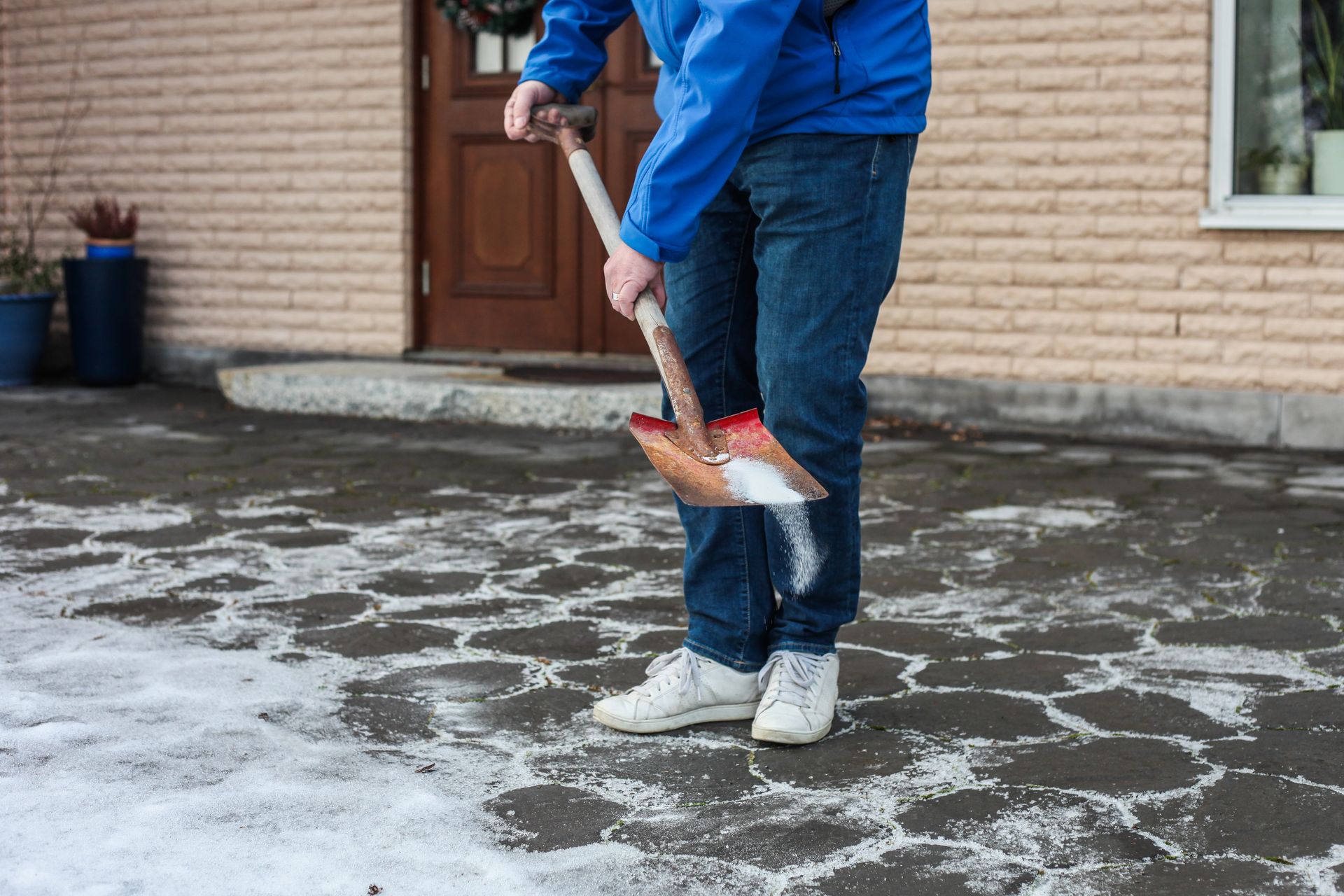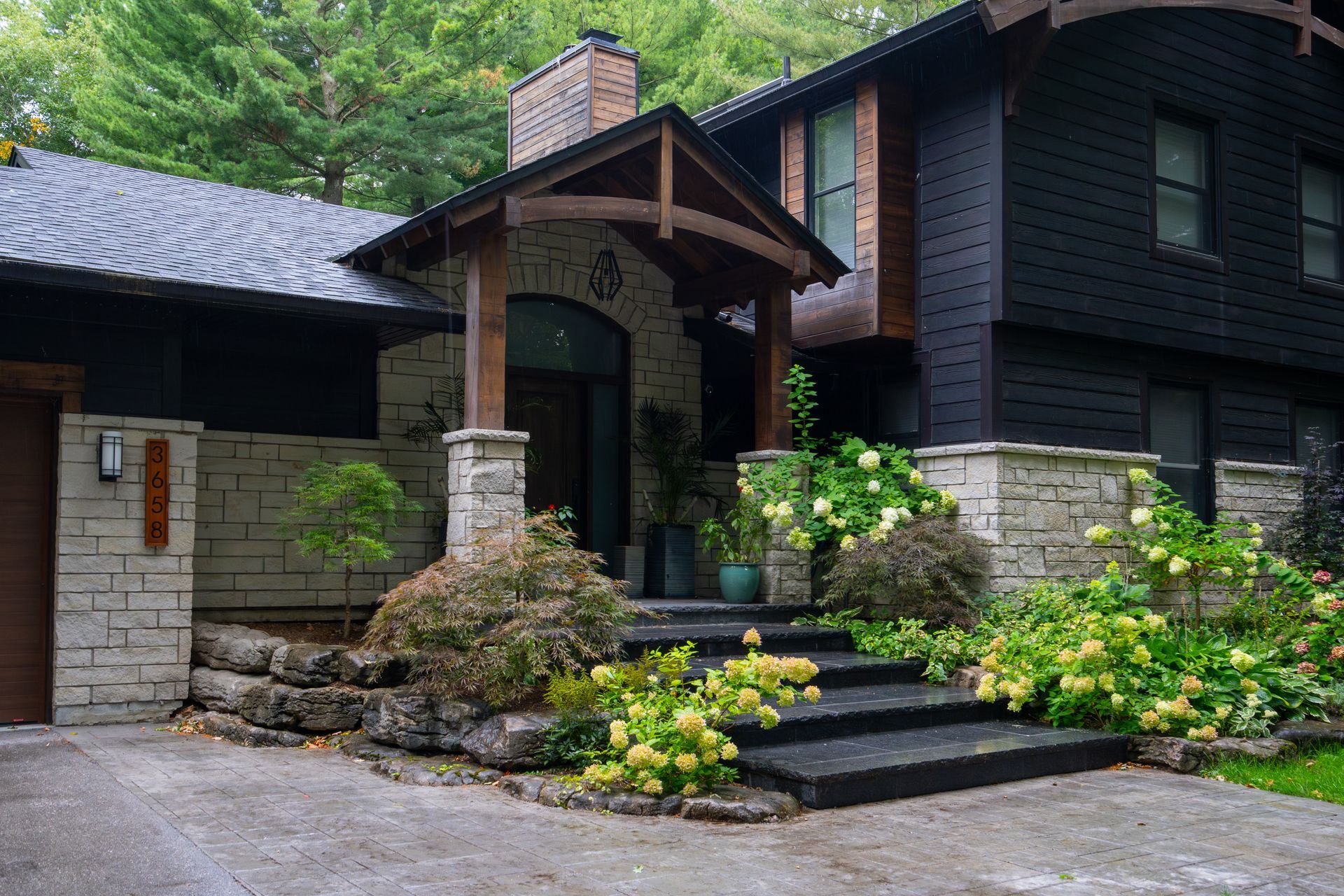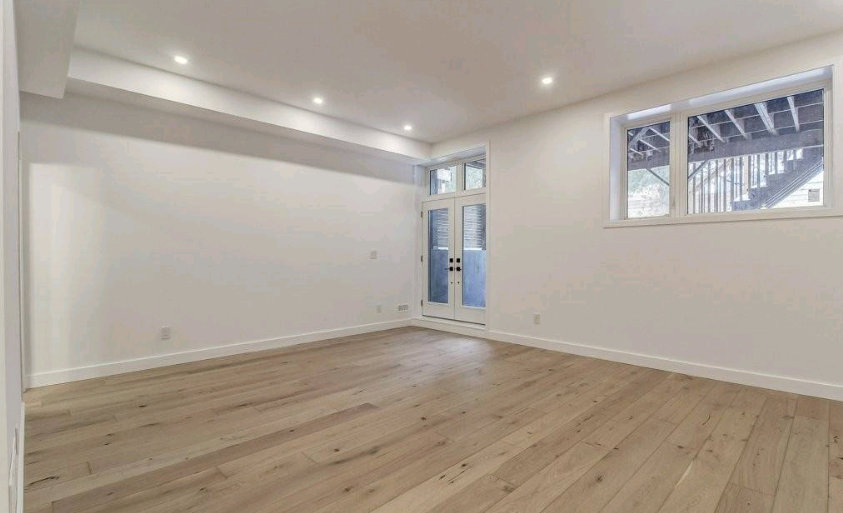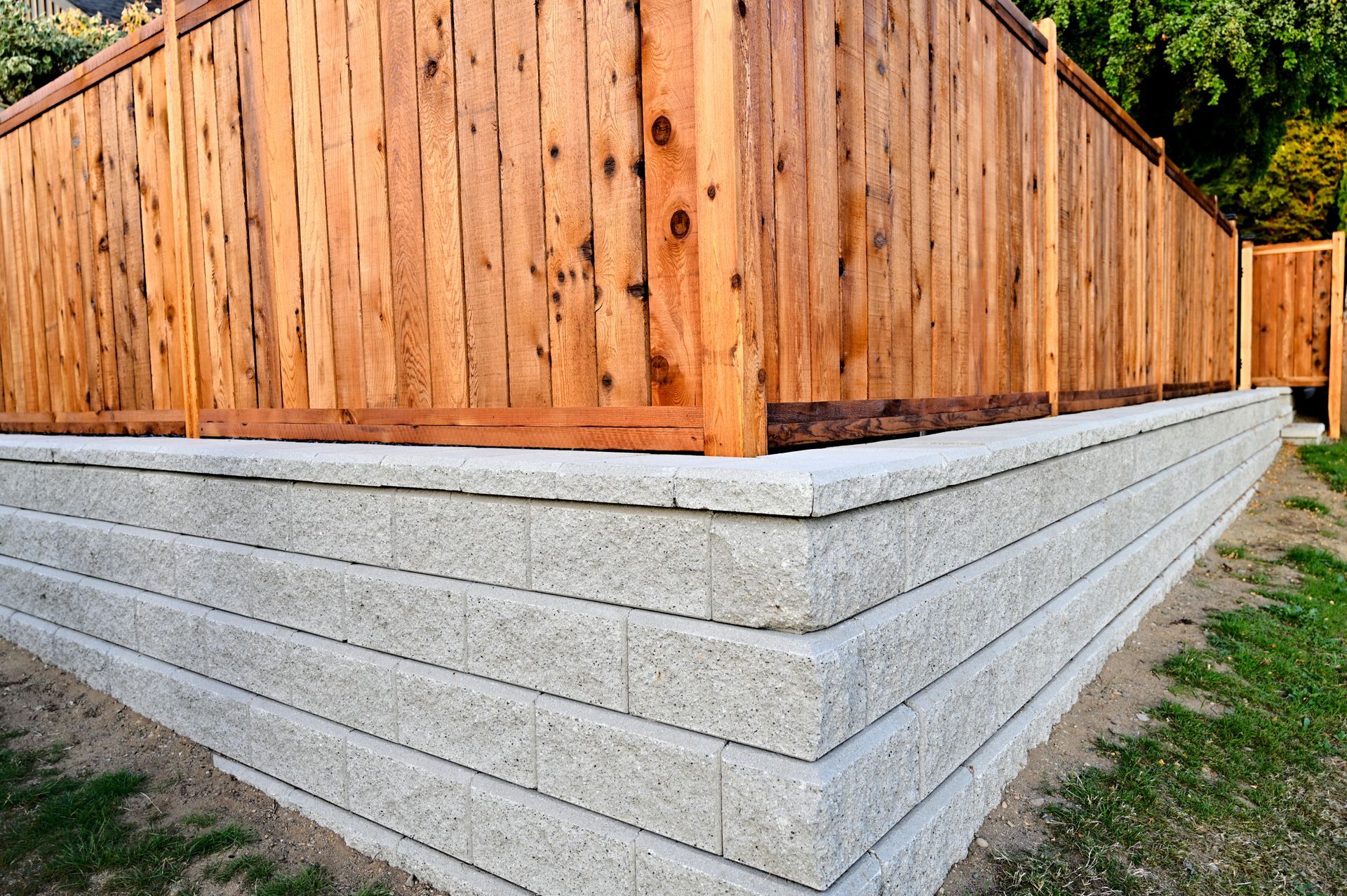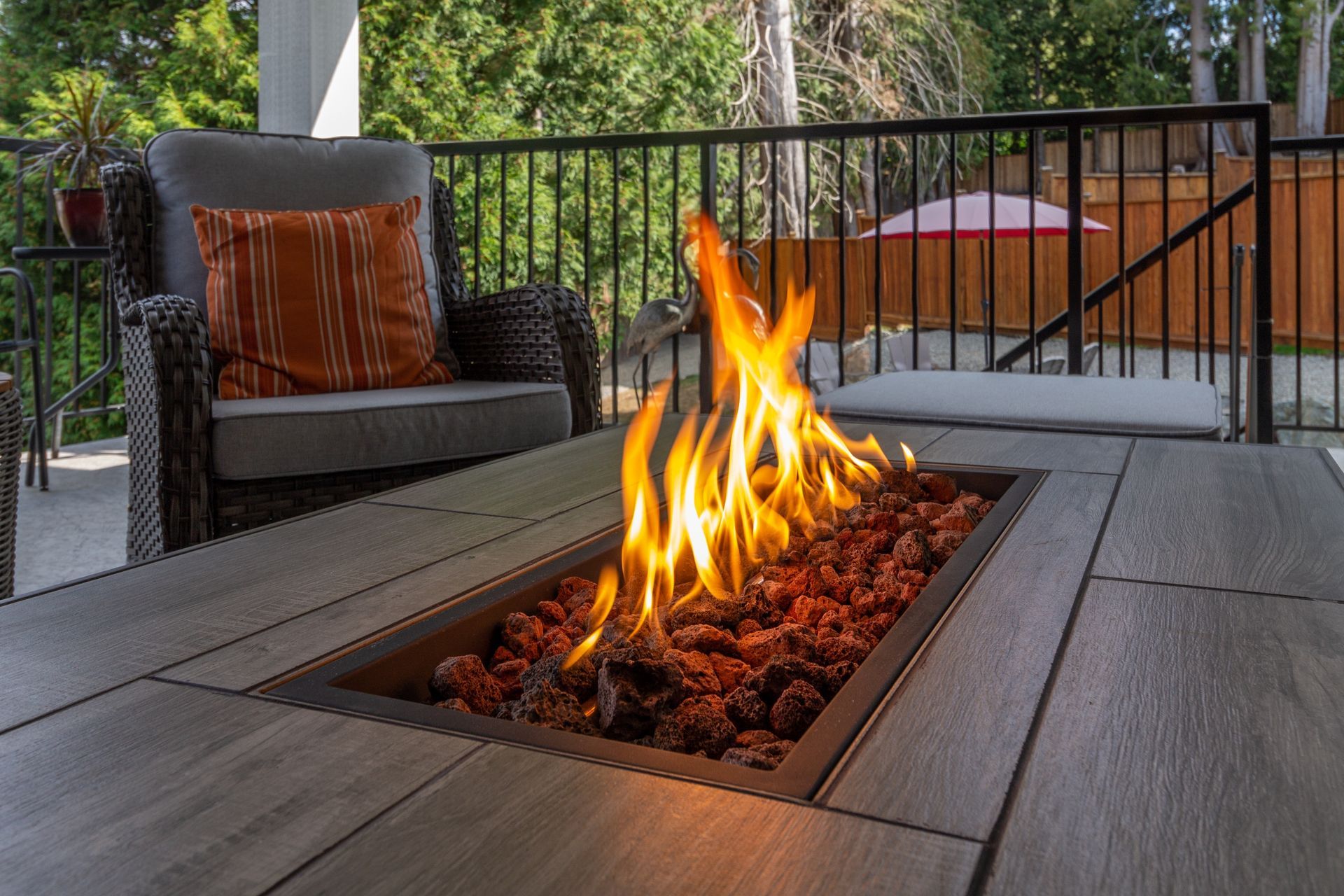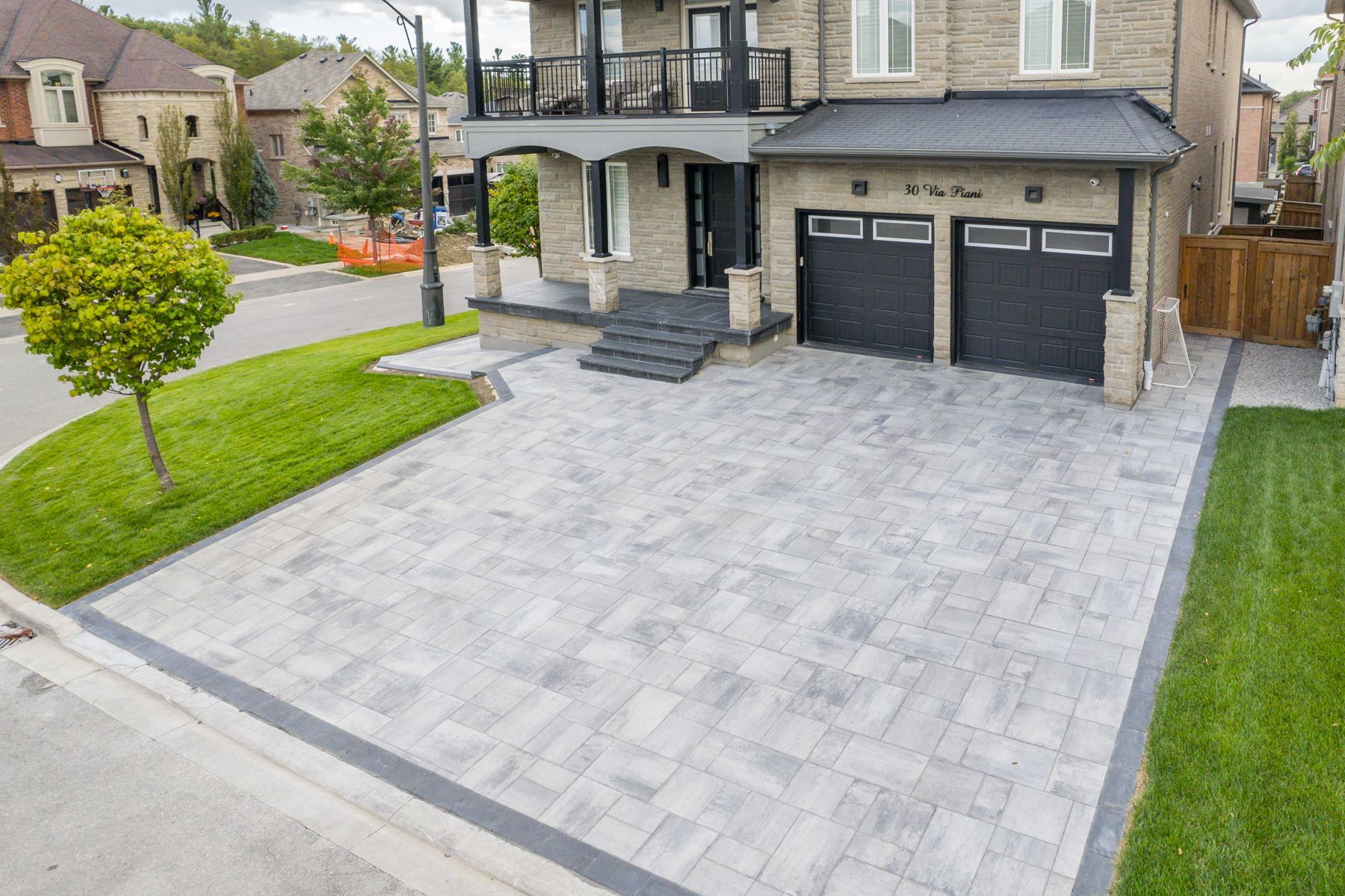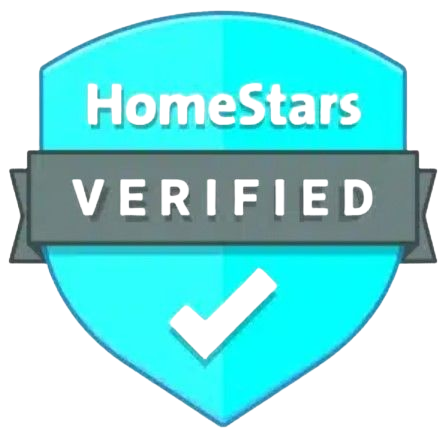Mold Remediation: Costs, Process, and DIY Tips
Introduction
Mold growth in homes and buildings is a common issue that can affect both health and property value. Addressing mold problems promptly is essential to prevent further damage and maintain a safe environment. This guide explores mold remediation and removal, covering costs, processes, types of molds, and frequently asked questions to equip you with the knowledge you need.
What Is Mold Remediation?
Mold remediation refers to the process of identifying, removing, and preventing mold growth in indoor spaces. Unlike simple cleaning, remediation tackles the root causes to ensure mold does not return.
Key Steps Include:
- Inspection and Testing: Identifying the extent and type of mold through expert assessment services.
- Containment: Preventing the spread of mold spores.
- Removal: Using specialized tools and techniques to eliminate mold.
- Restoration: Repairing damaged areas and implementing strategies for long-term prevention.
Costs of Mold Remediation
The cost of mold remediation varies depending on the severity of the infestation, the type of mold, and the size of the affected area. Here’s a breakdown:
- Small Areas (1 square meter or less): $500 to $1,500
- Moderate Areas (1-10 square meters): $1,500 to $5,000
- Extensive Areas (Over 10 square meters): $5,000 to $20,000+
Factors Influencing Cost:
- Type of Mold: Toxic molds like black mold may require more extensive removal techniques.
- Location: Hard-to-reach areas like HVAC systems can increase costs.
- Damage Extent: Severe infestations may require structural repairs. Learn about advanced mold removal techniques.
Types of Mold and Their Dangers
- Black Mold (Stachybotrys chartarum): Known for its potential health risks, including respiratory issues and mycotoxin exposure.
- Aspergillus: Common indoors and can cause allergic reactions.
- Penicillium: Found on damp materials and can trigger allergies.
- Cladosporium: Can grow on both wood and fabrics, causing respiratory irritation.
Understanding the type of mold helps determine the urgency and methods for removal. For detailed professional evaluation, contact mold experts.
Mold Removal Process
- Assessment: Professionals evaluate the mold’s source and scope.
- Containment: Areas are sealed off to prevent mold spores from spreading.
- Air Filtration: HEPA filters remove spores from the air.
- Removal: Affected materials are cleaned, sanitized, or replaced by certified technicians.
- Prevention: Fixing leaks, improving ventilation, and using mold-resistant materials.
DIY Mold Removal vs. Professional Remediation
DIY Mold Removal
- Suitable for small, localized issues.
- Requires household cleaners like vinegar or hydrogen peroxide.
- Involves protective gear to minimize exposure.
Professional Remediation
- Necessary for extensive infestations or toxic molds.
- Uses advanced tools and containment strategies.
- Ensures complete removal and prevention by trained specialists.
Can I Remove Mold Myself?
Removing mold yourself is possible, but it depends on the extent and type of mold infestation.
When DIY Mold Removal Is Appropriate:
- The mold-affected area is small (less than 1 square meter).
- The mold is non-toxic and surface-level, such as on tiles or walls.
- You have the proper protective gear, like gloves, masks, and goggles.
Steps for DIY Mold Removal:
- Identify the Mold: Ensure it is not toxic, such as black mold.
- Gather Supplies: Use vinegar, hydrogen peroxide, or a specialized mold remover.
- Scrub the Area: Clean affected surfaces thoroughly with a brush or sponge.
- Dry Completely: Mold thrives in moisture, so dry the area fully.
- Dispose of Materials: Safely discard cleaning materials and any damaged items.
When to Call a Professional:
- The affected area is larger than 1 square meter.
- Mold is in hard-to-reach places like HVAC systems or inside walls.
- You suspect toxic mold, such as black mold.
- Previous attempts at removal have failed.
Professional mold remediation ensures complete removal, reduces health risks, and prevents recurrence in extensive or severe cases. Get professional advice here.
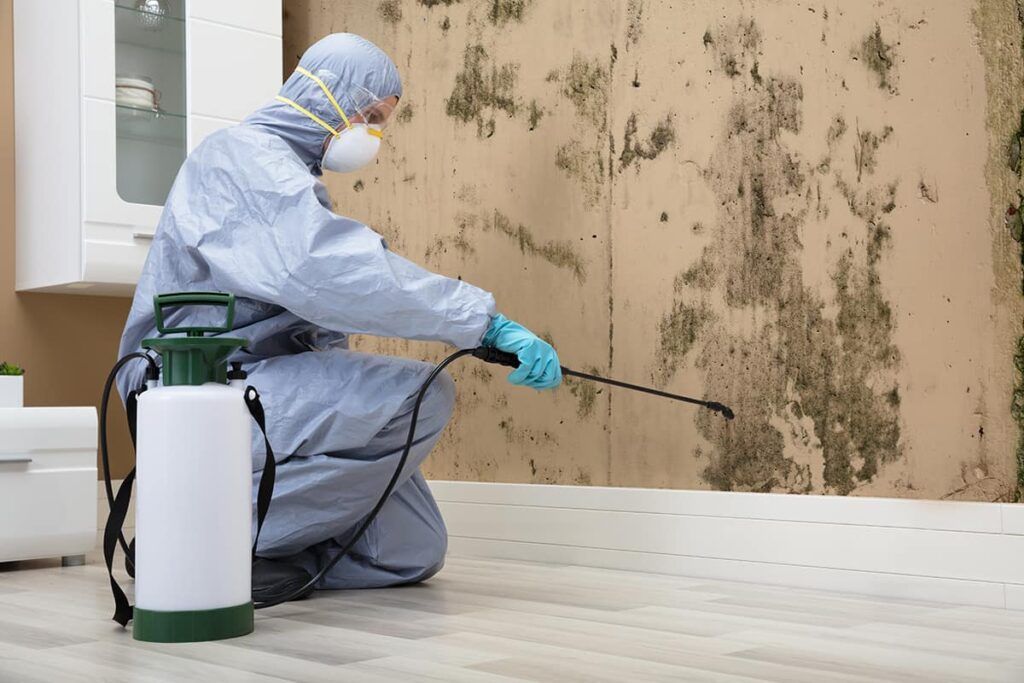
FAQs About Mold Remediation
How Long Does Mold Remediation Take?
The process typically takes 1 to 7 days, depending on the severity.
Is Mold Remediation Covered by Insurance?
Homeowners insurance may cover mold removal if it’s due to a covered peril like water damage. Check your policy for details.
Can Mold Return After Remediation?
Yes, if the underlying moisture issue isn’t resolved. Regular inspections and maintaining proper humidity levels can help prevent recurrence.
What Are the Health Risks of Mold Exposure?
Mold exposure can cause a range of health issues. Common symptoms include allergies, skin irritation, and respiratory problems such as asthma. In cases involving black mold or other toxic molds, more severe health effects such as neurological symptoms or chronic fatigue can occur.
Is All Mold Toxic?
Not all mold is toxic, but even non-toxic molds can cause health problems, particularly for those with allergies, asthma, or compromised immune systems. Toxic molds, such as black mold, produce mycotoxins that can pose significant health risks with prolonged exposure. It’s important to address any mold growth promptly to minimize potential impacts on health and property.
Save Money on Mold Remediation
- Act Quickly: Address mold issues early to prevent costly repairs.
- Prevent Moisture: Fix leaks and improve ventilation to reduce the risk of mold growth.
- DIY for Small Areas: Handle minor mold problems with household cleaners.
- Shop Around: Get quotes from multiple professionals for the best deal.
Conclusion
Mold remediation and removal are essential for maintaining a safe and healthy home. Whether dealing with minor mold growth or a significant infestation, understanding the process, costs, and prevention methods can help you make informed decisions. For extensive or toxic mold issues, professional remediation services are your best option to ensure long-term results.
Stay proactive and informed to protect your home and health!

